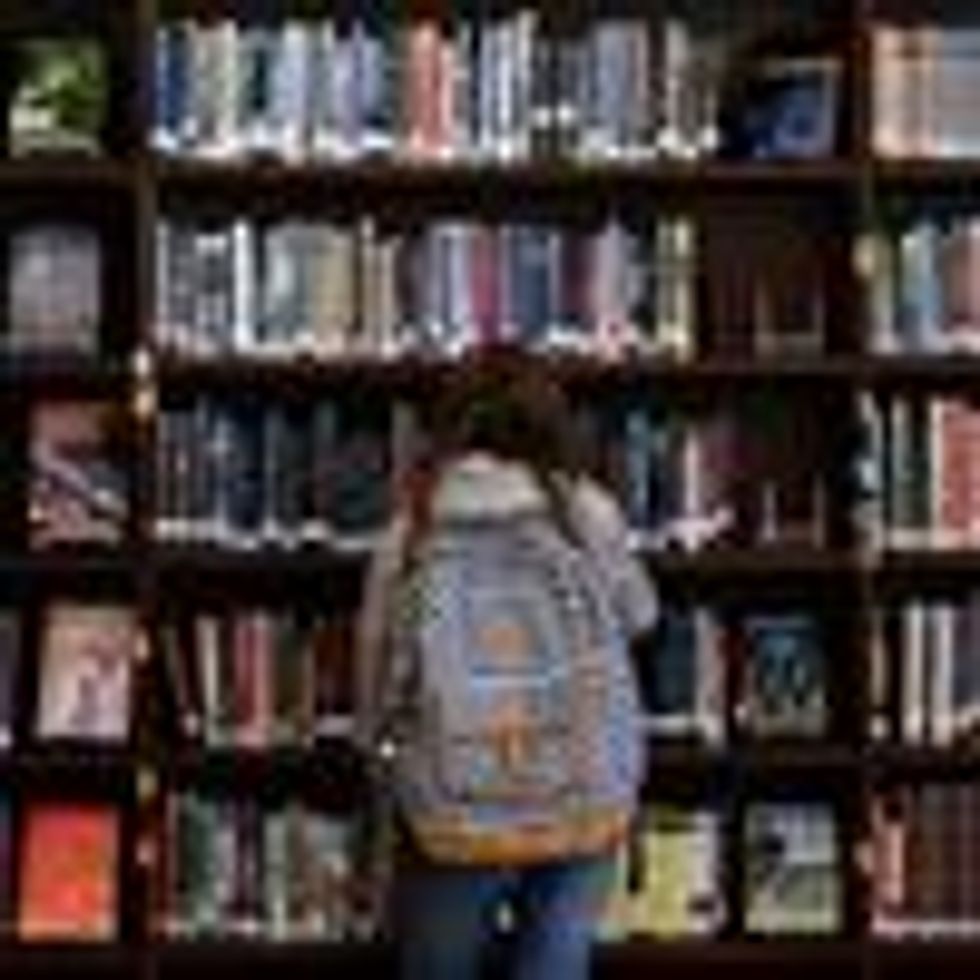The United States Holocaust Memorial Museum on Wednesday countered a Tennessee school board's decision to ban the Pulitzer Prize-winning graphic novel Maus, directing educators to its resources for teaching about the Holocaust and warning, "It is more important than ever for students to learn this history."
"Maus has played a vital role in educating about the Holocaust through sharing detailed and personal experiences of victims and survivors."
The McMinn County school board's decision to remove Maus from its eighth grade classrooms over its depiction of the atrocities committed by the Nazis garnered national attention Wednesday--the eve of International Holocaust Remembrance Day--when The Tennessee Hollerreported on the unanimous vote by the panel earlier this month.
The vote took place January 10, with school board members claiming they objected to the book's depictions of nudity--shown in the context of Holocaust victims being forced to remove their clothing in concentration camps--and "rough, objectionable language."
But writer and historian Michael Twitty urged observers to recognize "the real reason" GOP lawmakers want books like Maus banned.
"It's not cuss words/nudity," Twitty argued on social media. "It's anything that impugns the common enemy of white supremacy."
As the U.S. Holocaust Memorial Museum tweeted, the book, written by Art Spiegelman, whose father survived the Nazi regime's atrocities, "has played a vital role in educating about the Holocaust through sharing detailed and personal experiences of victims and survivors."
Others followed the museum's lead, including a comic book store owner in Sunnyvale, California and a podcast host who each offered to donate copies of Maus to families and libraries in McMinn County and a German Studies professor at Davidson College in North Carolina who offered a free online course on Maus for students in the county.
The ban on Maus comes as part of a wave of book banning in recent months as the Republican Party has promoted so-called "parental control" in public schools. GOP governors including Glenn Youngkin of Virginia, Greg Abbott of Texas, and Ron DeSantis of Florida have pushed the notion that parents should have more say regarding Covid-19 public health measures, the teaching of the history of racism in the U.S., and the books students read in schools.
Last week, school board members in Wentzville, Missouri voted to pull Toni Morrison's acclaimed novel The Bluest Eye from high school library shelves, against the recommendation of a review committee of local residents and school staffers who said removing the book would "infringe on the rights" of students.
The book, which tells the story of a Black girl growing up during the Great Depression, is frequently challenged or banned by school districts according to the American Library Association (ALA).
According to the organization, the push to control what books public school students have access to has ramped up in recent months amid the GOP crusade against educating students about the nation's history of racism, issues of gender, or other topics that might make right-wing ideologues uncomfortable.
Related Content
'Madness': Oklahoma Bill Would Empower Parents to Remove Books From School Libraries
Julia Conley
"We're seeing an unprecedented volume of challenges in the fall of 2021," said Deborah Caldwell-Stone, director of the association's Office of Intellectual Freedom, in a statement late last year. "In my 20 years with the ALA, I can't recall a time when we had multiple challenges coming in on a daily basis."
The group recorded "155 unique censorship incidents" between June and September 2021.
Other recent cases involve a Republican mayor in Ridgeland, Mississippi who is currently attempting to pull $100,000 in school funding over the inclusion of LGBTQ-themed books in school libraries and the Texas governor, who has called for an investigation into what he called "pornographic books," citing two that simply depicted LGBTQ characters and relationships.


